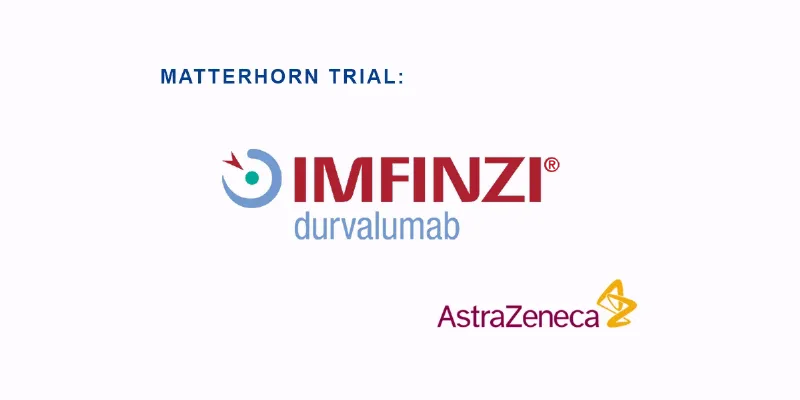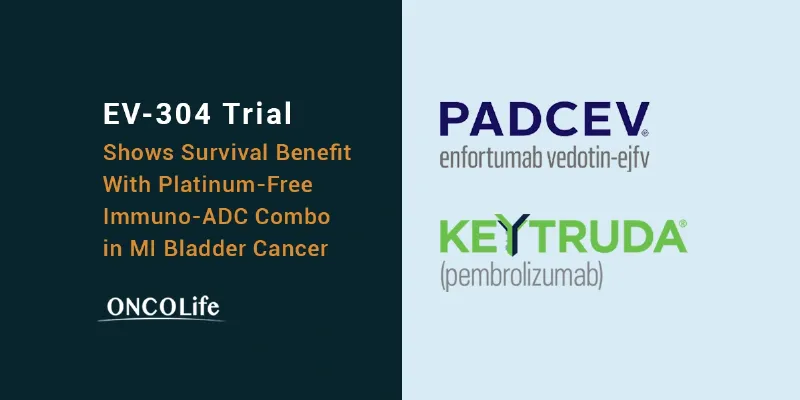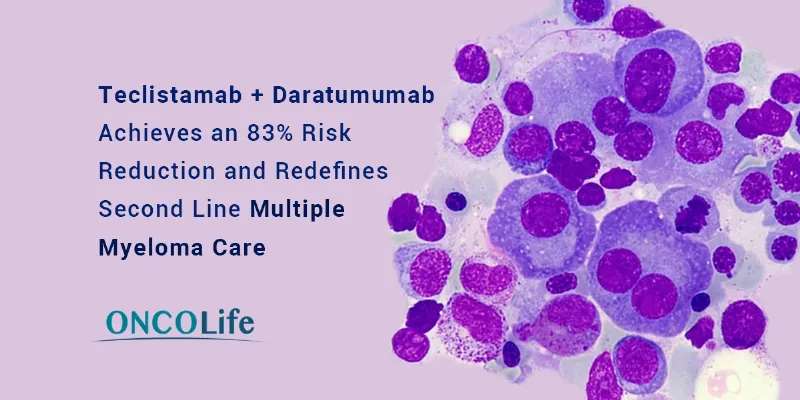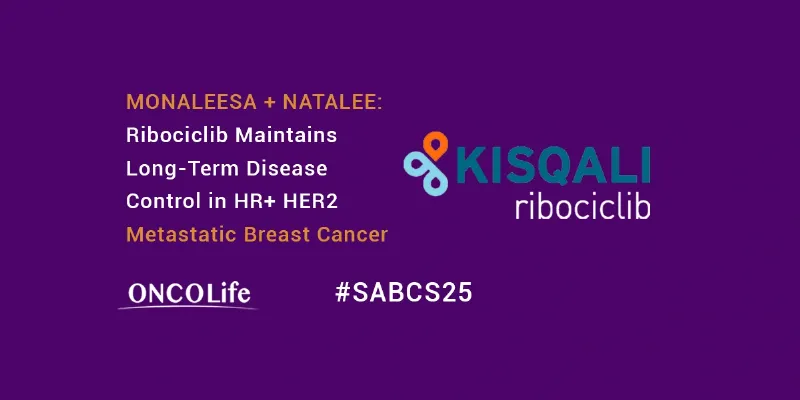Durvalumab Shows Significant Survival Benefit in Gastric and GEJ Cancer Treatment

The Phase III MATTERHORN trial demonstrated that Imfinzi (durvalumab) plus FLOT chemotherapy significantly improved event-free survival in resectable gastric and gastroesophageal junction cancers. The regimen also more than doubled pathologic complete response rates. With a strong trend in overall survival benefit and a favorable safety profile, Imfinzi may redefine perioperative treatment for these cancers.
AstraZeneca announced positive results from the Phase III MATTERHORN trial; Imfinzi combined with FLOT chemotherapy significantly improved event-free survival (EFS) in resectable early-stage gastric and gastroesophageal junction (GEJ) cancers. The findings mark a significant advancement in the perioperative treatment landscape, making MATTERHORN the first randomized trial to establish superior EFS for an immunotherapy-based combination over standard-of-care chemotherapy in this setting.
Clinical Impact
Dr. Yelena Y. Janjigian, Chief Attending Physician at Memorial Sloan Kettering Cancer Center and principal investigator of the trial, emphasized the importance of these findings: “Despite receiving curative-intent chemotherapy and surgery, patients with gastric cancer commonly face disease recurrence and have a poor prognosis. These exciting data from MATTERHORN show that a durvalumab-based perioperative regimen resulted in a clinically meaningful improvement in patient outcomes, including decreasing the risk of the cancer coming back.”
MATTERHORN Trial:
MATTERHORN is a randomized, double-blind, placebo-controlled, multi-center, global Phase III trial designed to assess the efficacy and safety of perioperative Imfinzi combined with standard-of-care FLOT chemotherapy (fluorouracil, leucovorin, oxaliplatin, and docetaxel). The study enrolled 948 patients with resectable Stage II-IVA gastric and GEJ cancers across 176 centers in 20 countries.
The primary endpoint of the trial, EFS, was significantly improved in the Imfinzi arm, reflecting a reduced risk of disease recurrence, progression, or death. Additionally, an interim analysis for overall survival (OS) indicated a strong trend in favor of the Imfinzi-based regimen, with final OS results pending.
Supporting this, a previously reported analysis in 2023 showed that Imfinzi plus chemotherapy more than doubled the pathologic complete response (pCR) rate compared to chemotherapy alone (19% vs. 7%; odds ratio 3.08; p<0.00001). Pathologic complete response, a key secondary endpoint, serves as an important surrogate marker for long-term survival outcomes in resectable cancers.
Dr. Cristian Massacesi, CMO and Oncology Chief Development Officer at AstraZeneca, stated: “MATTERHORN is the first Phase III trial of an immunotherapy to show a statistically significant improvement in event-free survival in patients with resectable gastric and gastroesophageal junction cancers. This perioperative approach with Imfinzi underscores our commitment to moving into earlier stages of cancer where novel therapies can have the biggest impact on patients’ lives.”
Safety and Future Directions
The safety profile of Imfinzi in combination with FLOT chemotherapy was consistent with known profiles of each agent, with no new safety concerns identified. This supports the feasibility of integrating immunotherapy into standard perioperative regimens for gastric cancer.
As part of an extensive clinical development program, Imfinzi continues to be evaluated in multiple solid tumor types, including lung, bladder, breast, and gastrointestinal cancers.
About Imfinzi (durvalumab)
Imfinzi (durvalumab) is a monoclonal antibody that blocks PD-L1 interactions, enhancing immune responses against tumors. It is approved for various cancers, including biliary tract cancer, hepatocellular carcinoma, lung cancer (NSCLC, SCLC), and endometrial cancer, often in combination with chemotherapy or Imjudo (tremelimumab). Since 2017, over 374,000 patients have been treated with Imfinzi. It is a global standard for unresectable Stage III NSCLC and is approved for perioperative and metastatic settings. Ongoing trials explore its potential in multiple solid tumors, including bladder, breast, and gastrointestinal cancers, further expanding its role in oncology treatment.











Comments
No Comments Yet!